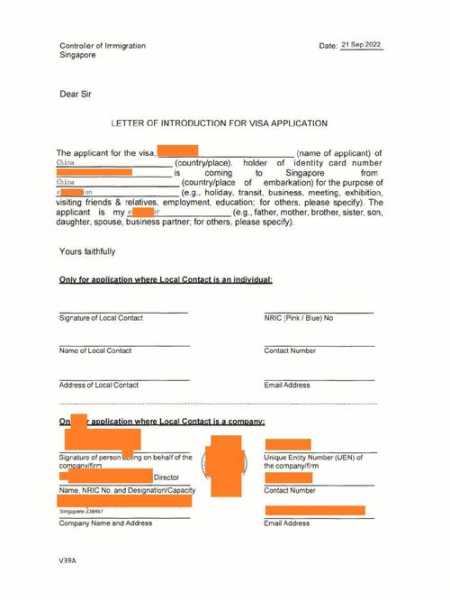Navigating litigation becomes easier with an authorization letter. This guide provides a comprehensive overview, covering key aspects such as drafting, executing, and using authorization letters effectively in legal proceedings. Learn how to streamline the process and ensure smooth communication between parties.
In the complex world of legal proceedings, the role of an authorization letter cannot be overstated. An authorization letter, also known as a power of attorney, is a legal document that grants someone the authority to act on behalf of another person in legal matters. This document is particularly crucial in litigation, where time and expertise are often critical. This article delves into the intricacies of an authorization letter in the context of litigation, focusing on its purpose, importance, and how it can be used effectively in legal disputes.

Understanding the Basics of an Authorization Letter
An authorization letter is a written consent that allows one individual (the principal) to delegate their legal rights and responsibilities to another (the agent). In the realm of litigation, the agent, typically a lawyer or a legal representative, is empowered to make decisions and take actions on behalf of the principal in court proceedings.
The letter must clearly state the scope of the authority granted. It can be general, giving the agent broad powers, or specific, limiting the agent's actions to certain aspects of the case. The principal retains the right to revoke the authorization at any time, provided they inform the agent and any relevant parties.
Importance of an Authorization Letter in Litigation
1、Efficiency in Legal Proceedings: In litigation, time is of the essence. An authorization letter ensures that legal matters can be addressed promptly, without the need for the principal to be physically present for every legal proceeding.
2、Expertise in Legal Representation: The agent, often a lawyer, brings specialized legal knowledge and experience to the table. This expertise can significantly impact the outcome of the case.
3、Protection of Principal's Interests: An authorization letter helps protect the principal's interests by ensuring that legal decisions are made by someone who understands the nuances of the case and the legal system.
4、Documentation of Consent: The letter serves as a formal record of the principal's consent to the agent's actions, which can be crucial in proving the principal's intention and consent if disputes arise later.
Key Elements of an Authorization Letter for Litigation
1、Principal and Agent Information: The letter should clearly state the names and contact information of both the principal and the agent.
2、Scope of Authority: Specify the extent of the authority granted to the agent. This includes the ability to file lawsuits, appear in court, negotiate settlements, and make decisions on behalf of the principal.
3、Duration of Authorization: Indicate whether the authorization is for a specific period or until the principal revokes it or the case is resolved.
4、Revocation Clause: Include a clause that allows the principal to revoke the authorization at any time, providing a clear process for doing so.
5、Notarization: Depending on local laws and the nature of the litigation, the authorization letter may need to be notarized to ensure its validity.
Using an Authorization Letter in Litigation
When using an authorization letter in litigation, it is essential to follow these steps:
1、Draft the Letter: Ensure that the letter is clear, concise, and legally sound. It should be reviewed by a legal professional if possible.
2、Execute the Letter: Both the principal and the agent should sign the letter in the presence of a witness or notary, if required.
3、Deliver the Letter: Provide a copy of the authorization letter to the agent, who will need it to act on the principal's behalf.
4、Keep Records: Maintain a copy of the authorization letter for your records and ensure that all actions taken by the agent are documented.
5、Monitor the Agent’s Actions: It is the principal's responsibility to keep an eye on the agent’s actions and ensure they align with the principal's best interests.
In conclusion, an authorization letter is a powerful tool in litigation, enabling the principal to effectively manage their legal affairs even when they cannot be physically present. By understanding its purpose, importance, and proper usage, individuals can navigate the complexities of legal disputes with greater ease and confidence.
相关阅读:
2、Visa Application Authorization Letter Template: Complete English Guide
3、Professional Template for Secure English Payment Receipt Authorization Letter
4、Mastering the Art of Writing a Bid Authorization Letter: A Step-by-Step English Guide
5、Creating a Sample Receipt Authorization Letter: Your Ultimate English Guide
Overseas Car Purchase Authorization Letter Template: Simplify Your International Car Buying Process
Professional English Procurement Authorization Letter Template for Seamless Purchase Process
Sample Company Authorization Letter: Your Essential Guide to Crafting Legal Documentation
Company Business Authorization Letter Template: Your Ultimate Resource Guide
Essential Insights into the Return Authorization Letter and Its Authorization Process









